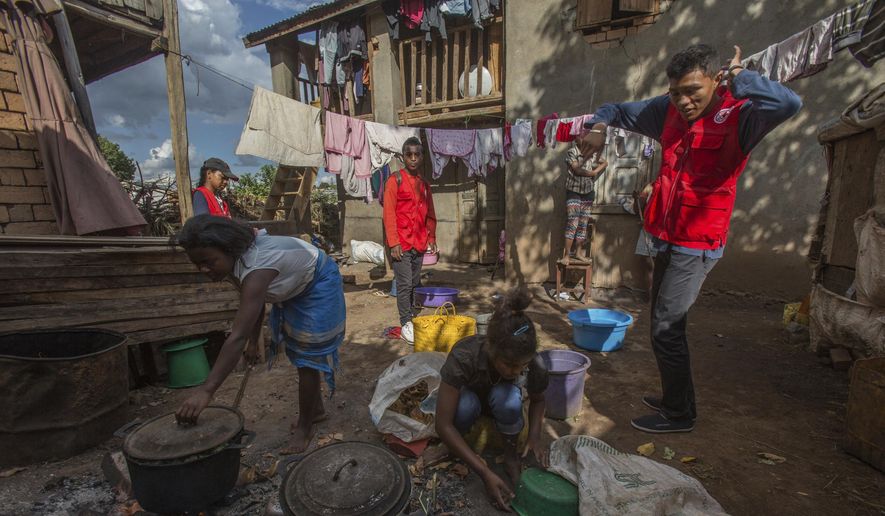Madagascar’s “unprecedented” outbreak of plague is slowing, but responders cannot afford to ease off the fight until the risk of transmission dies down in the spring, the World Health Organization said Monday.
WHO officials said the number of reported cases of bubonic and pneumonic plague has steadily decreased in recent weeks, though new infections are expected until plague season ends in April.
The island nation off the southeast coast of Africa recorded more than 2,300 cases of plague between Aug. 1 and Nov. 22, resulting in 202 deaths.
Plague is an infectious disease caused by the bacteria “Y. pestis,” which is spread by small mammals and their fleas. People are often infected by the bite of those fleas or contact with infected tissues, or by breathing in infected droplets in the air.
They suffer from fever, chills, headaches, body aches, weakness, vomiting and nausea. The death rate is 30 percent to 100 percent among people who aren’t treated, according to the WHO.
Though it’s commonly associated with the “Black Death” in Europe from centuries ago, plague is endemic to Madagascar. The latest outbreak, however, spread quickly and reached into densely populated cities that normally don’t encounter the disease.
“It is a tragedy that a disease from the Middle Ages, that can be easily treated, could threaten an entire country and kill more than 200 people. There is far too little funding for plague research, prevention and preparedness, and this year thousands of people in Madagascar have suffered as a result,” said Dr. Peter Salama, executive director of the WHO Health Emergencies Programme.
So far the outbreak has been limited to Madagascar, unlike health scares in recent years such as Ebola and then Zika, which spread across numerous countries and raised unprecedented bans or warnings about overseas travel.
WHO said it is supporting efforts to screen people exiting the country at airports.
It’s also trained more than 4,400 people to work as “contact tracers” to track infections and prevent the plague’s spread within Madagascar.
Also, WHO has delivered $1.5 million in emergency funding and 1.2 million doses of antibiotics to deal with the problem.
“The worst of the outbreak is over, but we must stand ready to detect and respond to new infections until the end of the plague season in April 2018,” WHO Director-General Tedros Adhanom Ghebreyesus said.
• Tom Howell Jr. can be reached at thowell@washingtontimes.com.




Please read our comment policy before commenting.